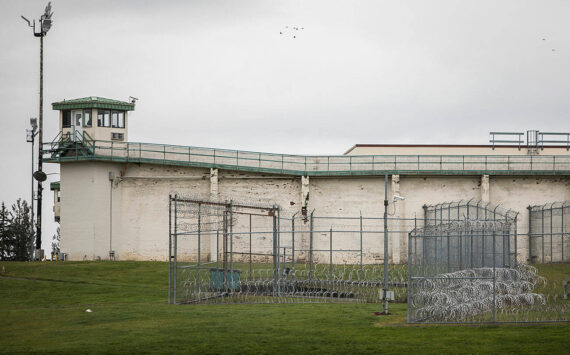A community summit aimed to address education concerns in Tacoma could take place as early as this fall, according to discussion yesterday during a joint meeting of the Tacoma City Council and the Joint Municipal Action Committee.
The summit, which committee members call Community Vision 2025, would bring together business and civic leaders, youth, non-profit organizations, and Tacoma residents to find long-term solutions to some troubling local education statistics, and grow the number of educated people who live and work in the city.
This is the first step in a long community discussion in how to make people in Tacoma successful, and bring those successes home, said Pierce County Councilmember Timothy M. Farrell, who also serves on the Joint Municipal Action Committee, or JMAC.
According to Councilmember Connie Ladenburg, also a JMAC member, the citys statistics on youth, education, and drug use are disturbing: 51 percent of Tacoma students graduate from high school (71 percent graduate in Seattle and Spokane; 63 percent in Vancouver); 25 percent of high school students have smoked marijuana; 23 percent have smoked cigarettes; and 26 percent are binge drinkers.
We need to understand our youth need the whole community to support them, said Ladenburg. She added that the summit would look at the issue from a perspective that would create a vibrant, well-educated community over the next 20 years.
This is not about fixing the education system, said Ladenburg. This is a long-term vision, and the ultimate outcome is to create a vibrant community.
Still, summit specifics — where and when the event will be held, what issues will be addressed, who will serve as stakeholders — are unclear.
According to JMAC member and Tacoma School Board president Kurt Miller, the committee still needs to identify community stakeholders and conduct a feasibility study.
JMAC is composed of representatives from the city, county, Metro Parks, and the Tacoma School District.
JMACs educational summit comes at a time with the City is planning to hold a community summit of its own later this year.
On Jan. 3, city councilmembers discussed the possibility of hosting a community summit in Tacoma that would identify long-term strategies for economic development in Tacoma. The idea is strongly supported by Tacoma Mayor Bill Baarsma, who views it as a catalyst for the city. He credits a community summit held at the University of Puget Sound i the fall of 1990 for spurring the growth of University of Washington Tacoma, renovation of Union Station, a strategy for economic development, and the creation of neighborhood councils. Through polls, surveys, and group discussion during the summit, city leaders identified key issues and built a strategic plan centered around economic development, the environment, public safety, diversity, and more.
In my view, it was an extraordinarily successful enterprise, said Baarsma, during a city council study session last month. With a new city manager hired last summer, and issues such as a moratorium on group housing and a proposed plan to charge fees for emergency services, the mayor believes a community summit is necessary.
The timing could not be better, he added.
The Citys neighborhoods and housing committee endorsed the idea Dec. 5, when it made a unanimous motion to discuss community summit plans with the full City Council.
Its unclear whether two community summits will occur, or the City and JMAC will work together on one summit. Councilmembers will decide later this month.
I want to find a way we can collectively put our resources together, said Councilmember Rick Talbert. I wouldnt want to see one group go in one direction, another group goes in another direction, and in the end we dont have a product. Im advocating for a way that we can do this collaboratively.







